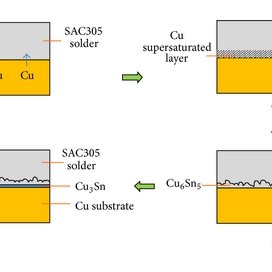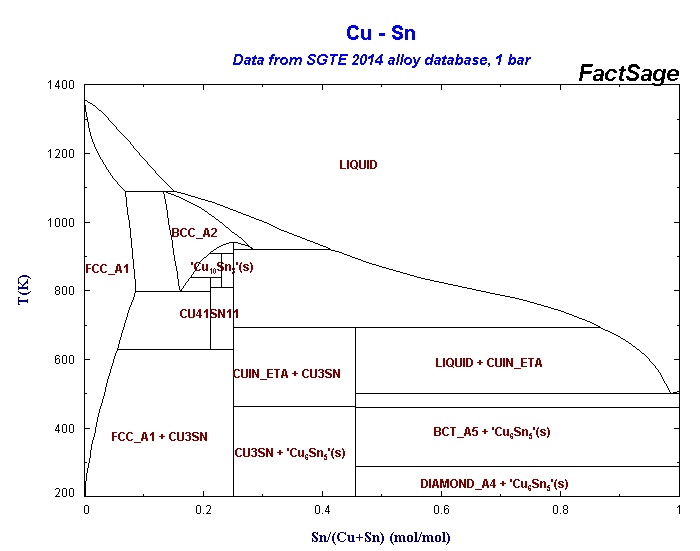I have began to do an "art project" which utilizes solder as main material.
While I know that solder is cheap and easily found in multiple shops, I have set my mind on using recycled solder from out of use PCB's.
I've recovered a somewhat pure amount of material by using solder suckers, but a significant amount is trapped in my DIY desoldering braid which is simply salvaged wires. Those wires might be copper or some grey wires salvaged from a PC power supply.
What I have been able to come with is:
Some video I watched used (IIRC) $\ce{HCl}$ to dissolve solder from PCB's. My main issue is that I can't easily procure high concentration $\ce{HCl}$. My second issue is the acid reacting with the copper and maybe rendering the solder not usable (if this turns out to be a non-issue, I could figure a way to procure the acid).
I have been thinking of pulverizing the solder covered wires using a coffee grinder then heating the powder to the meting point of the solder, mechanically separating the two.
I wanted to ask if any of the two ways above would work without specialized equipment, or if there was a third way.


